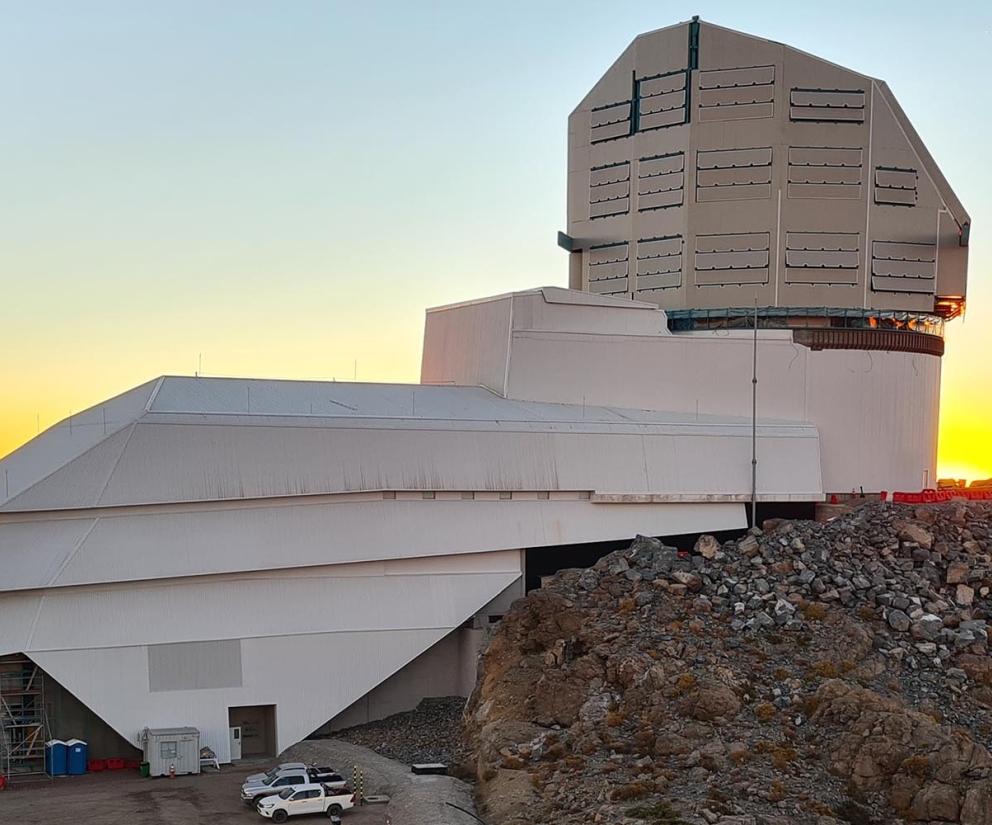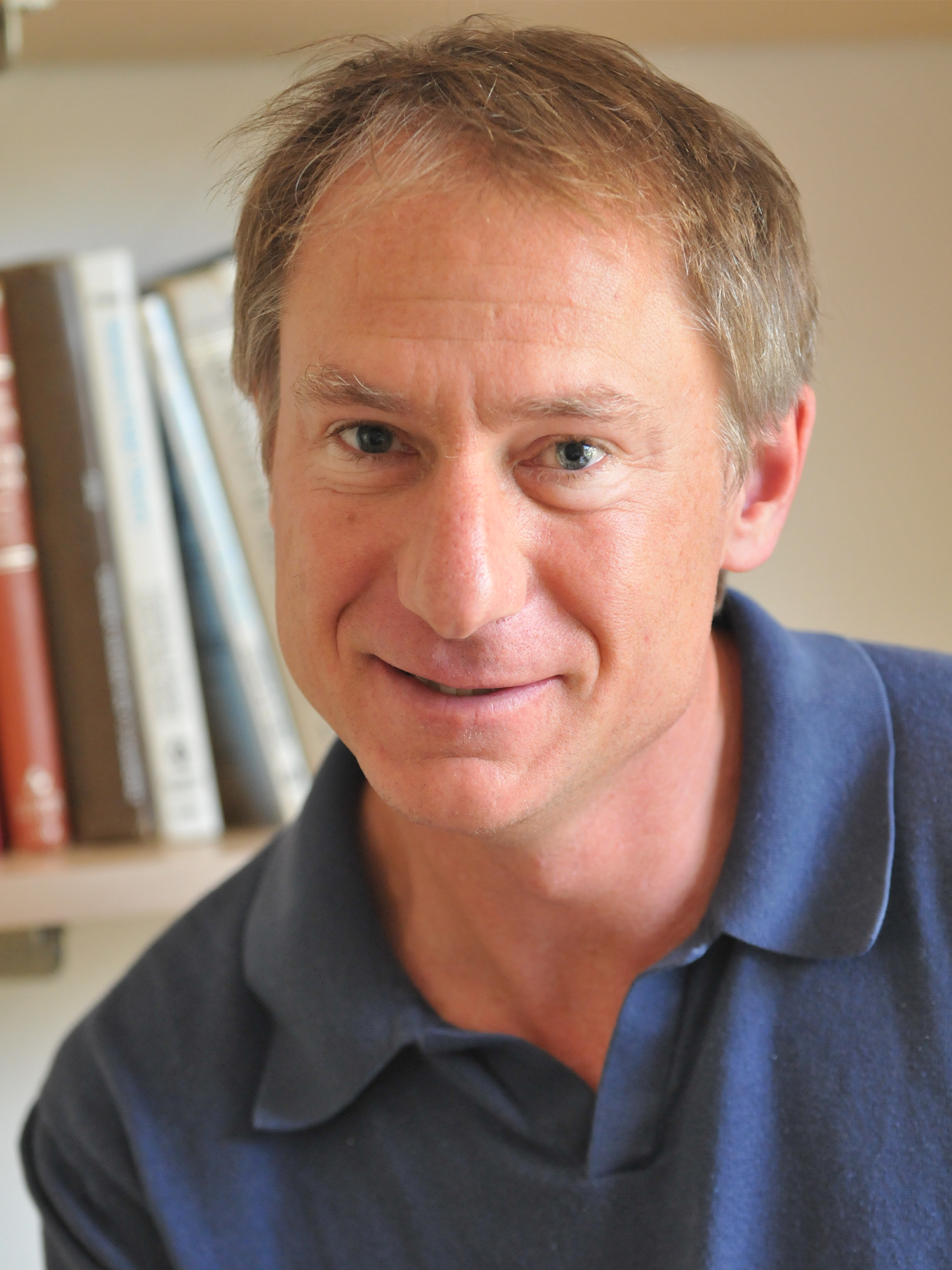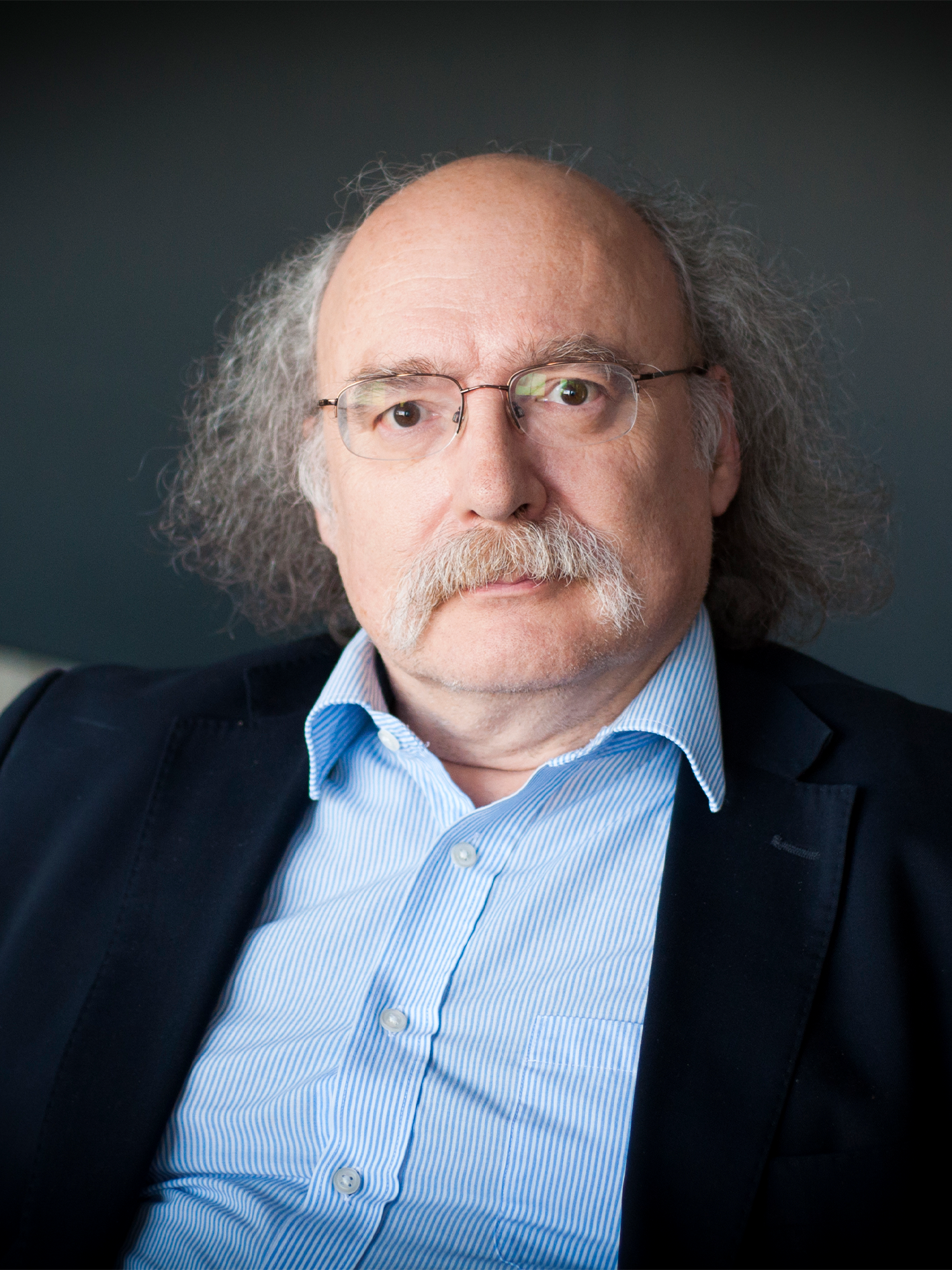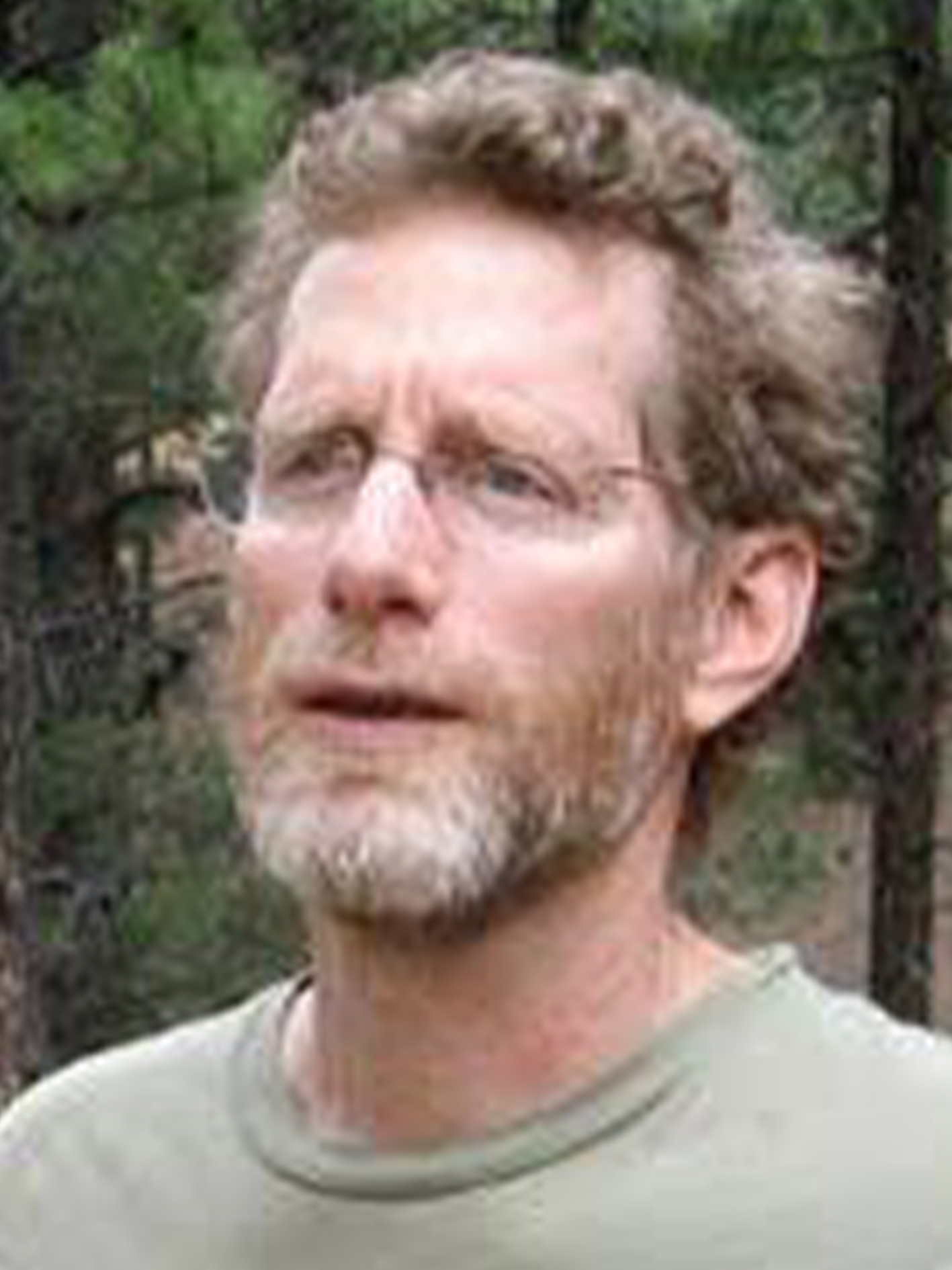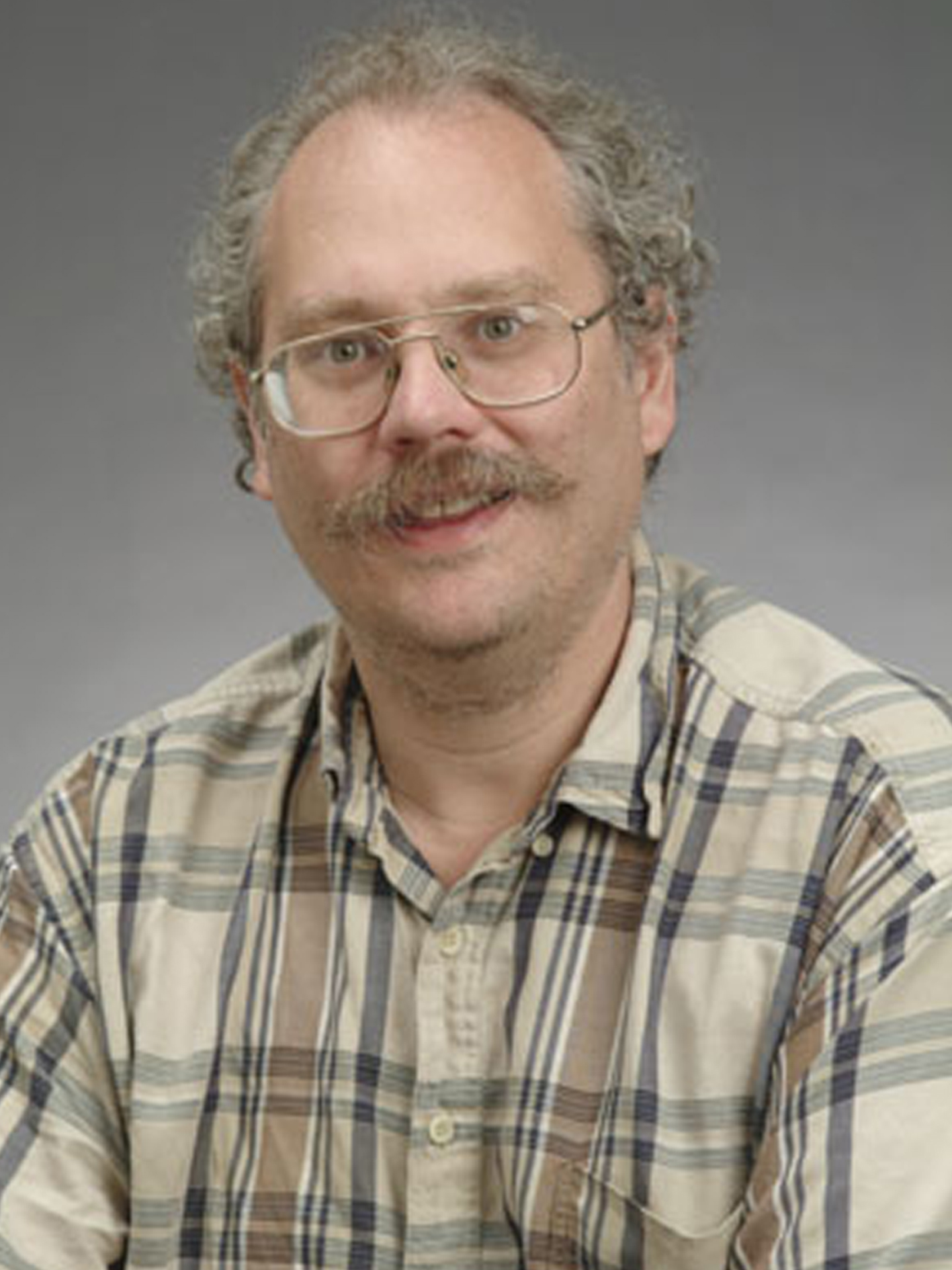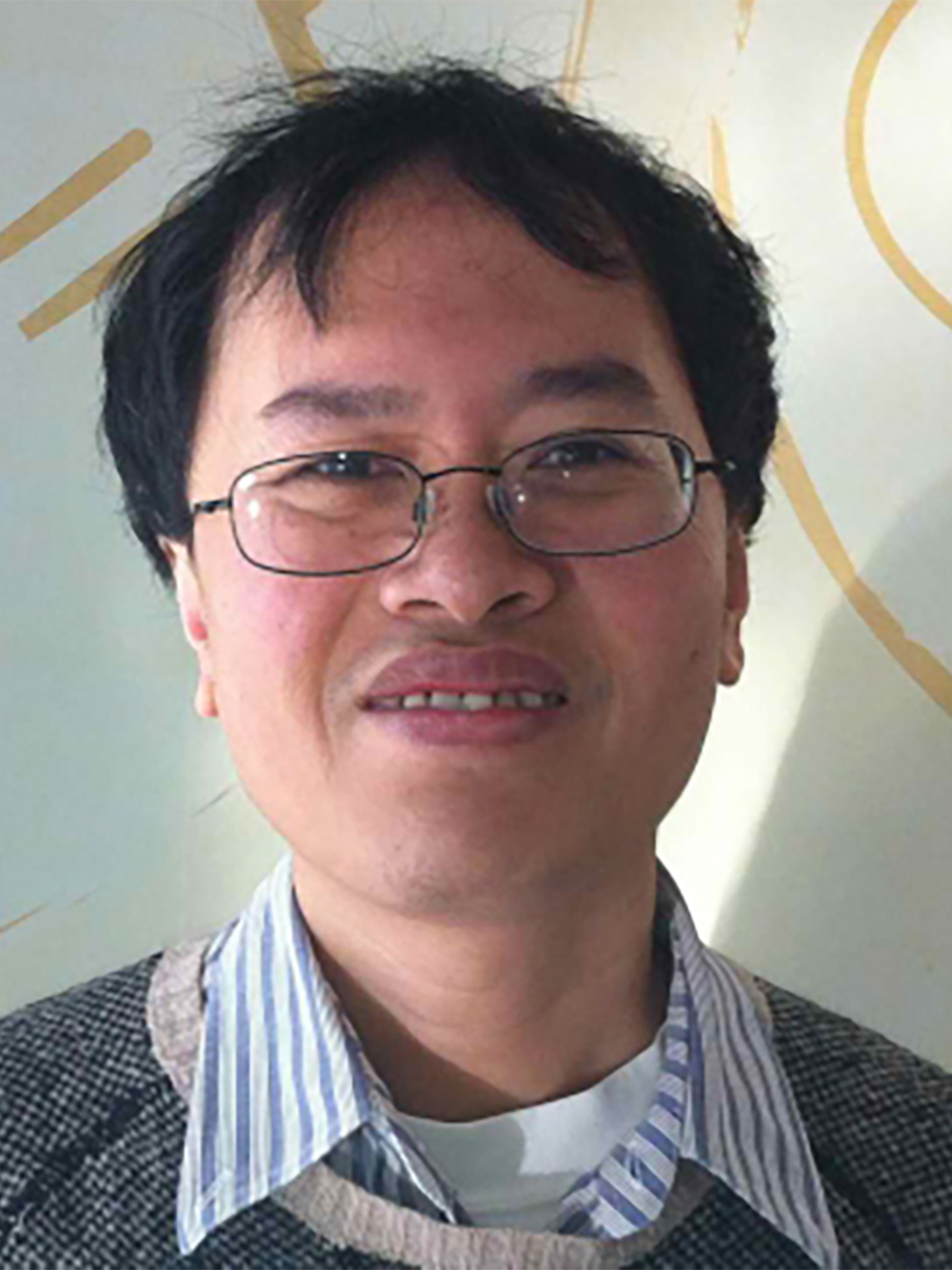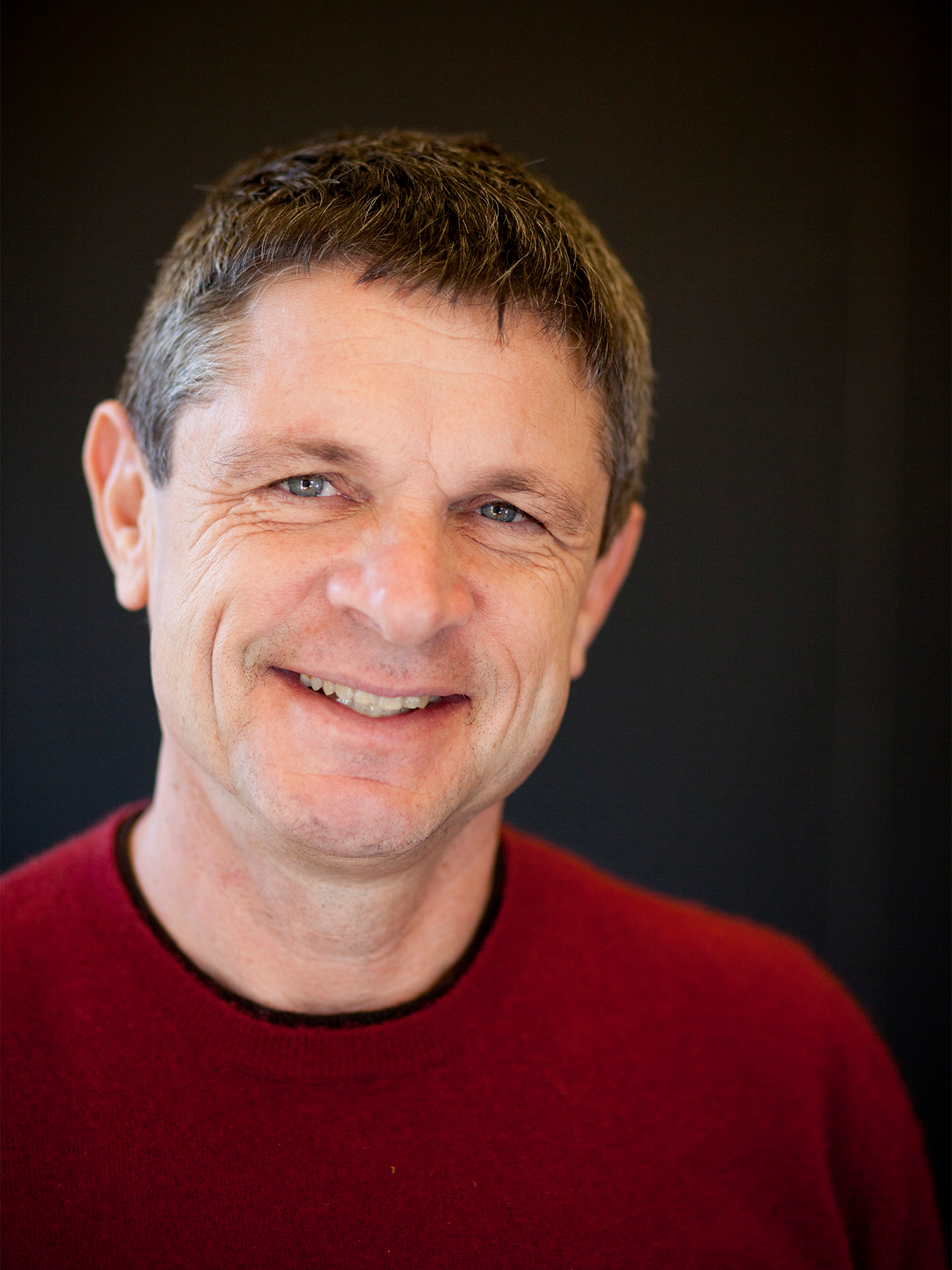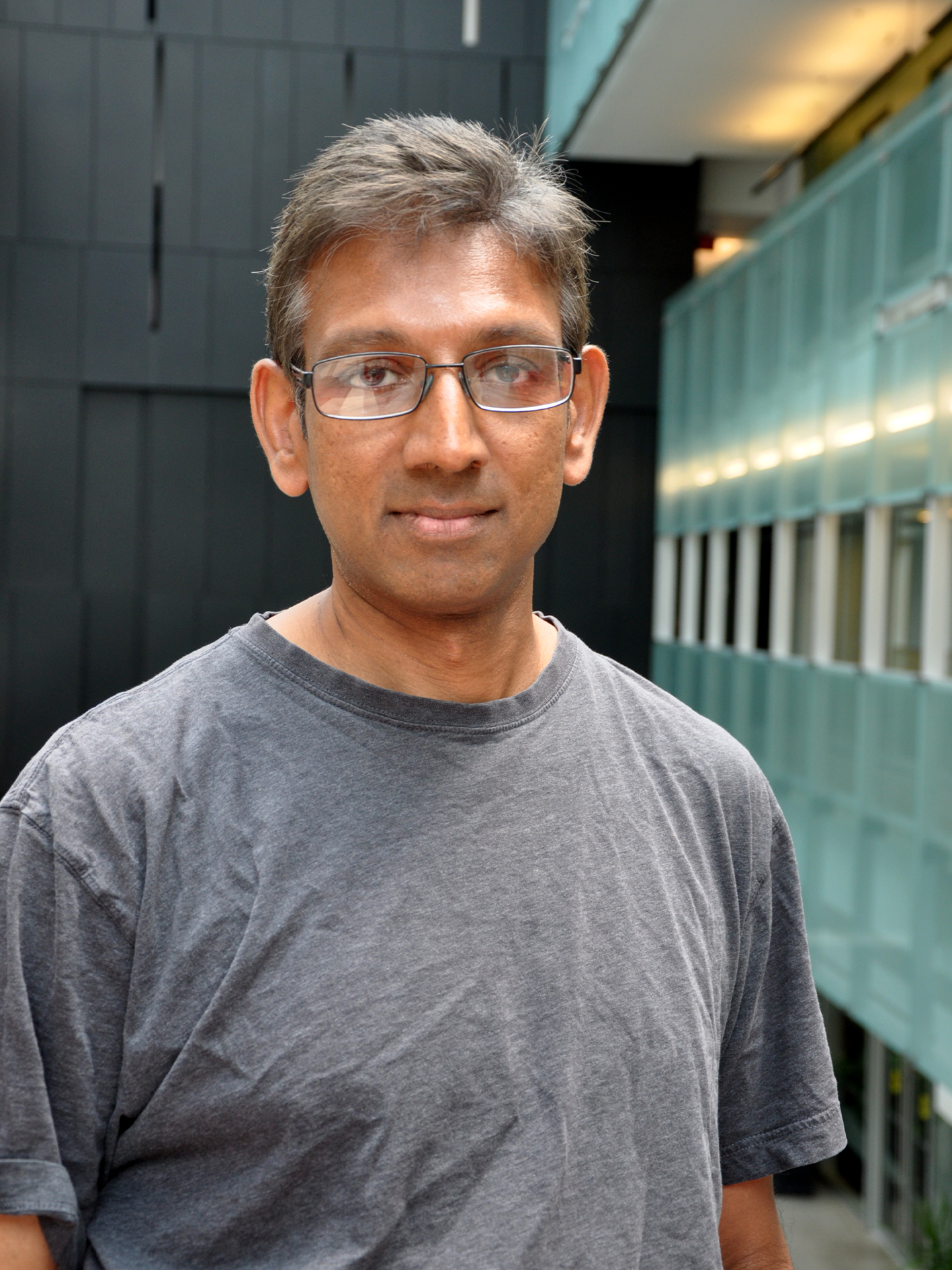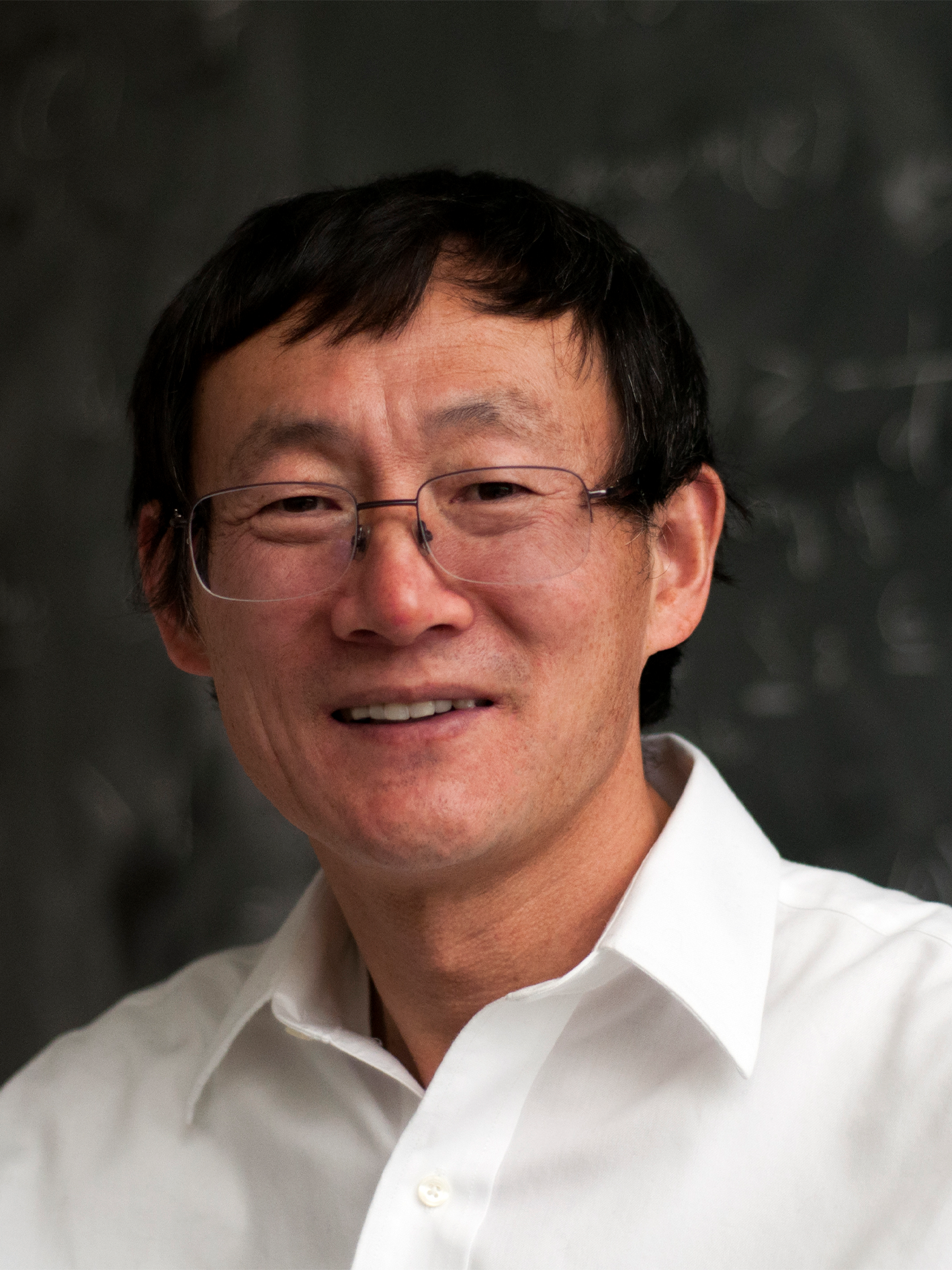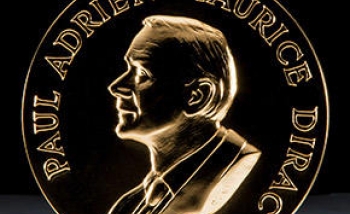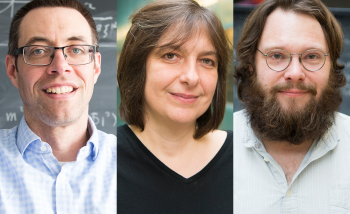Perimeter welcomes new Distinguished Visiting Research Chairs
The new DVRCs are Matthew Fisher (Kavli Institute for Theoretical Physics), Duncan Haldane (Princeton University), Theodore A. (Ted) Jacobson (University of Maryland, College Park), Peter Shor (Massachusetts Institute of Technology), Dam Thanh Son (University of Chicago), Andrew Strominger (Harvard University), Raman Sundrum (University of Maryland, College Park), and Zhenghan Wang (Microsoft Research Station Q).
DVRCs make Perimeter their second research home, visiting the Institute for extended periods each year while retaining permanent positions at their home institutions. While here, they are full members of Perimeter’s scientific community: in addition to conducting research and collaborating with colleagues, many contribute to the Institute’s outreach programs, lecture in the Perimeter Scholars International master’s program, and organize and attend conferences.
Since Stephen Hawking was named as the first DVRC in November 2008, Perimeter has attracted more than 35 of the world’s leading physicists to the program. The Institute currently has 33 DVRCs from across the entire spectrum of theoretical physics, appointed to three-year renewable terms.
ABOUT THE NEW DISTINGUISHED VISITING RESEARCH CHAIRS
| Matthew Fisher (PhD University of Illinois at Urbana-Champaign, 1986) is a condensed matter physicist at the Kavli Institute for Theoretical Physics at the University of California, Santa Barbara. His research has focused on strongly correlated systems, especially low-dimensional systems, Mott insulators, quantum magnetism, and the quantum Hall effect. Fisher received the Alan T. Waterman Award from the National Science Foundation in 1995 and the National Academy of Sciences Award for Initiatives in Research in 1997. He was elected as a Member of the American Academy of Arts and Sciences in 2003 and to the National Academy in 2012. He has over 160 publications. |
|
| F. Duncan M. Haldane (PhD University of Cambridge, 1978) is the Eugene Higgins Professor of Physics at Princeton University. His research explores strongly interacting quantum many-body condensed matter systems using non-pertubative methods. In particular, his concerns include the entanglement spectrum of quantum states, topological insulators and Chern insulators, and both the geometry and model wave functions of the fractional quantum Hall effect. Haldane is a former Alfred P. Sloan Research Fellow and is currently a Fellow of the Royal Society of London, Institute of Physics (UK), American Physical Society, American Association for the Advancement of Science, and American Academy of Arts and Sciences. Haldane has been awarded the Oliver E. Buckley Condensed Matter Physics Prize of the American Physical Society (1993) and the Dirac Medal of the International Centre for Theoretical Physics (2012). |
|
| Theodore A. (Ted) Jacobson (PhD University of Texas at Austin, 1983) is a Professor of Physics at the University of Maryland, College Park. He is a leading researcher in the field of gravitational physics and a devoted and accomplished educator. Jacobson’s research has focused on quantum gravity, testing the foundations of relativity theory, and the nature of Hawking radiation and black hole entropy. He has authored more than 100 scientific papers, which have received over 6,800 citations. He is a Fellow of both the American Physical Society and the American Association for the Advancement of Science. In addition, Jacobson has served on the editorial board of Physical Review D and as a Divisional Editor for Physical Review Letters. |
|
| Peter Shor (PhD Massachusetts Institute of Technology, 1985) is the Morss Professor of Applied Mathematics at MIT. In 1994, he formulated a quantum algorithm for factoring, now known as Shor’s algorithm, which is exponentially faster than the best currently-known algorithm for a classical computer. He also showed that quantum error correction was possible and that one can perform fault-tolerant quantum computation on a quantum computer. Shor continues to focus his research on theoretical computer science, specifically on algorithms and quantum computing. Among his many honours, Shor has received the Nevanlinna Prize (1998), the International Quantum Communication Award (1998), the Gödel Prize of the Association of Computing Machinery (1999), and a MacArthur Foundation Fellowship (1999). He is also a member of the National Academy of Science (2002) and a fellow of the American Academy of Arts and Sciences (2011). |
|
| Dam Thanh Son (PhD Institute for Nuclear Research – Moscow, 1995) is a University Professor of Physics at the University of Chicago, a prestigious post that includes appointments at the University’s interdisciplinary research institutes, the Enrico Fermi Institute and the James Franck Institute. Son is renowned for his broad research interests; he gained international prominence for his application of ideas from string theory to the physics of the quark gluon plasma. His work encompasses several areas of theoretical physics, including string theory, nuclear physics, condensed matter physics, particle physics, and atomic physics. Among his honours, Son was named an Alfred P. Sloan Foundation Fellow in 2001 and a Fellow of the American Physical Society in 2006. |
|
| Andrew Strominger (PhD Massachusetts Institute of Technology, 1982) is the Gwill E. York Professor of Physics at Harvard University and Director of the Center for Fundamental Laws of Nature. His research has encompassed the unification of forces and particles, the origin of the universe, and the quantum structure of black holes and event horizons, using a variety of approaches. Among Strominger’s major contributions, he is the co-discoverer of Calabi-Yau compactifications and the brane solutions of string theory. With collaborators, he gave a microscopic demonstration of how black holes are able to holographically store information. Strominger’s recent research has focused on universal aspects of black holes and horizons, which do not depend on detailed microphysical assumptions. He gave a public lecture on “The Edges of the Universe: Black Holes, Horizons and Strings,” which is available on The Royal Society website. |
|
| Raman Sundrum (PhD Yale University, 1990) is a Distinguished University Professor at the University of Maryland, College Park, and the Director of the Maryland Center for Fundamental Physics. His research is in theoretical particle physics and focuses on theoretical mechanisms and observable implications of extra spacetime dimensions, supersymmetry, and strongly coupled dynamics. In 1999, with Lisa Randall, Sundrum proposed a class of models that imagines the real world as a higher-dimensional universe described by warped geometry, which are now known as the Randall-Sundrum models. Sundrum won a Department of Energy Outstanding Junior Investigator Award for 2001-02 and is a Fellow of both the American Physical Society (2003) and the American Association for the Advancement of Science (2011). |
|
| Zhenghan Wang (PhD University of California, San Diego, 1993) is a Principal Researcher at Microsoft Research Station Q on the campus of the University of California, Santa Barbara (UCSB), and a Professor of Mathematics at UCSB on an indefinite leave. His main interests are quantum topology, mathematical models of topological phases of matter, and their application to quantum computing. Wang and his colleagues at Microsoft have been responsible for many developments, including showing that an anyonic quantum computer can perform any computation that the more traditional qubit quantum computer can. He is currently working on the theoretical foundations of the field of anyonics, broadly defined as the science and technology that cover the development, behaviour, and application of anyonic devices. |
|
About PI
Perimeter Institute is the world’s largest research hub devoted to theoretical physics. The independent Institute was founded in 1999 to foster breakthroughs in the fundamental understanding of our universe, from the smallest particles to the entire cosmos. Research at Perimeter is motivated by the understanding that fundamental science advances human knowledge and catalyzes innovation, and that today’s theoretical physics is tomorrow’s technology. Located in the Region of Waterloo, the not-for-profit Institute is a unique public-private endeavour, including the Governments of Ontario and Canada, that enables cutting-edge research, trains the next generation of scientific pioneers, and shares the power of physics through award-winning educational outreach and public engagement.

